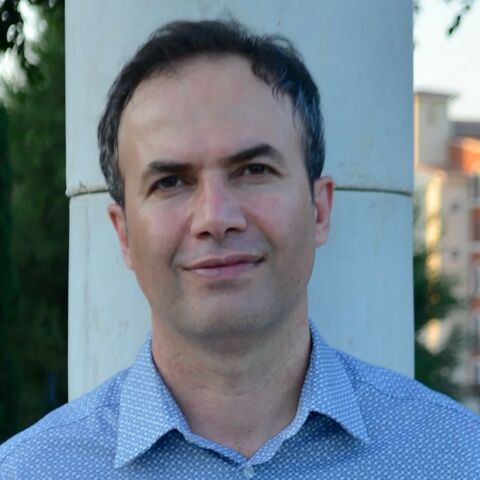Rahman Azari
- Associate Professor of Architecture
- Director of RE2 Lab
-
Environmental life cycle assessment
-
Novel construction materials with energy generation and carbon sequestration capabilities
-
Net-zero energy buildings
- Email razari@psu.edu
- Vitae Download/View CV

Biography
Rahman Azari is an architect, associate professor, and the founding director of Resource and Energy Efficiency [RE2] Lab within the Department of Architecture. Azari is also a co-funded faculty at the Institutes of Energy and the Environment. Prior to Penn State, Azari served as an assistant professor (2017-2020) and the interim director (2018-2019) of the architecture doctorate program at the Illinois Institute of Technology (IIT) in Chicago, and an assistant professor (2013-2017) at the University of Texas San Antonio.
Azari’s research focuses on life cycle environmental impacts of built environments, innovative construction materials for energy production and carbon sequestration, and building energy and carbon efficiency. Azari was a recipient of the American Institute of Architects (AIA) Upjohn Research Grant in 2019 and 2020, and a faculty sponsor to winning entries in the Association of Collegiate Schools of Architecture (ACSA) and AIA Committee on the Environment (COTE) Top Ten competitions in 2016 and 2017. In 2019, Azari was recognized as a Researcher to Know by the Illinois Science and Technology Coalition. In 2018, Azari co-edited the Energy and Buildings’ Special Issue on Embodied Energy and Carbon Efficiency. Azari’s research has been widely published in various journal venues such as Energy and Buildings and Building and Environment.
Azari holds a Ph.D. in the Built Environment from the University of Washington in Seattle.